1️⃣ Intuitive Tactile Feedback
Experience crystal-clear physical confirmation with every press – our tactile buttons let your fingers “feel” successful operations, dramatically reducing errors. Perfect for situations requiring split-second decisions (like driving or low-light conditions), these buttons empower true blind operation for unmatched convenience and safety.
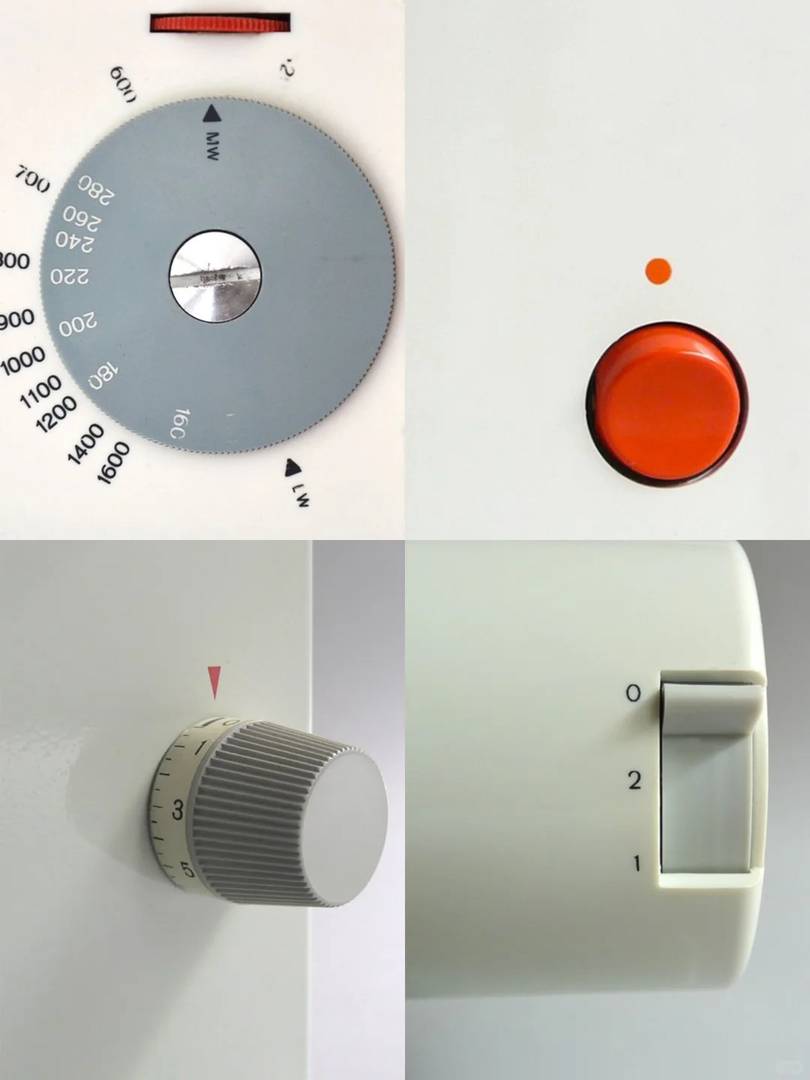
2️⃣ Lightning-Fast Response
Meet zero-lag performance: physical buttons deliver instant activation the moment your finger makes contact. This real-time responsiveness is game-changing for time-sensitive actions like volume adjustments or function switching.
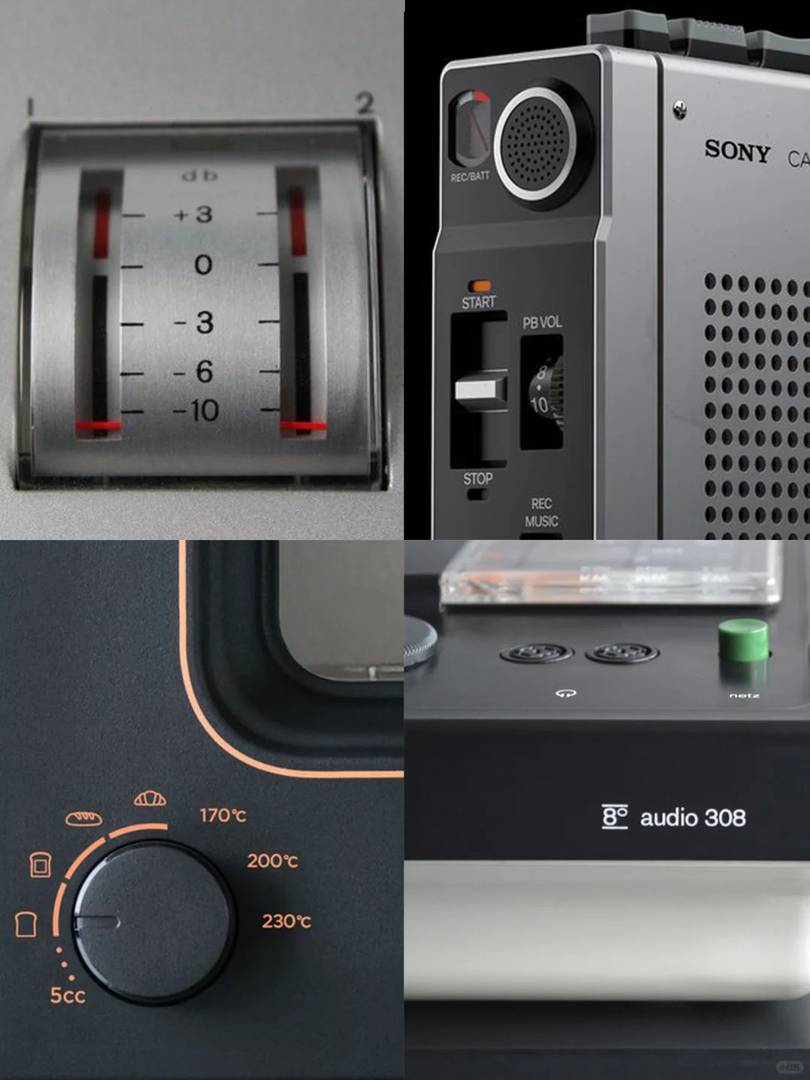
3️⃣ Effortless Operation
Say goodbye to screen hunting! With permanently assigned, intuitively placed buttons, users enjoy plug-and-play simplicity that slashes learning curves and mental fatigue.
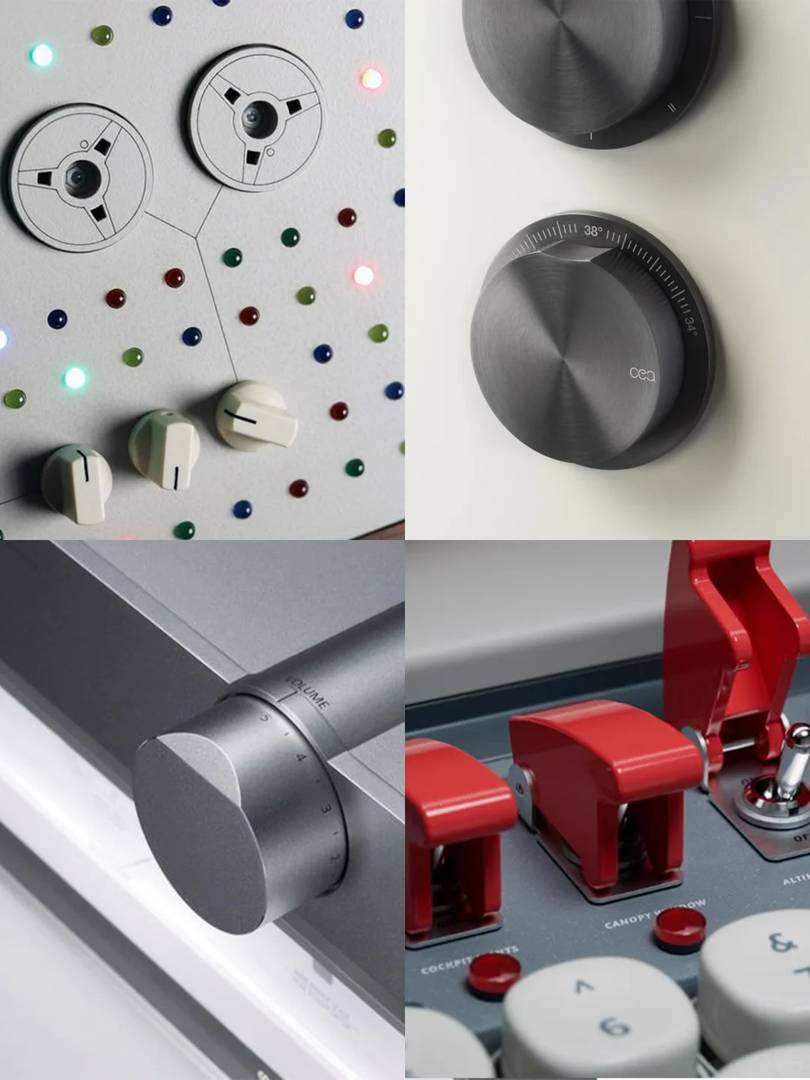
4️⃣ Multi-Sensory Operation
Our buttons engage both sight and touch, creating a natural, instinctive user experience. The visual presence combined with distinctive tactile cues forms the ultimate intuitive interface.
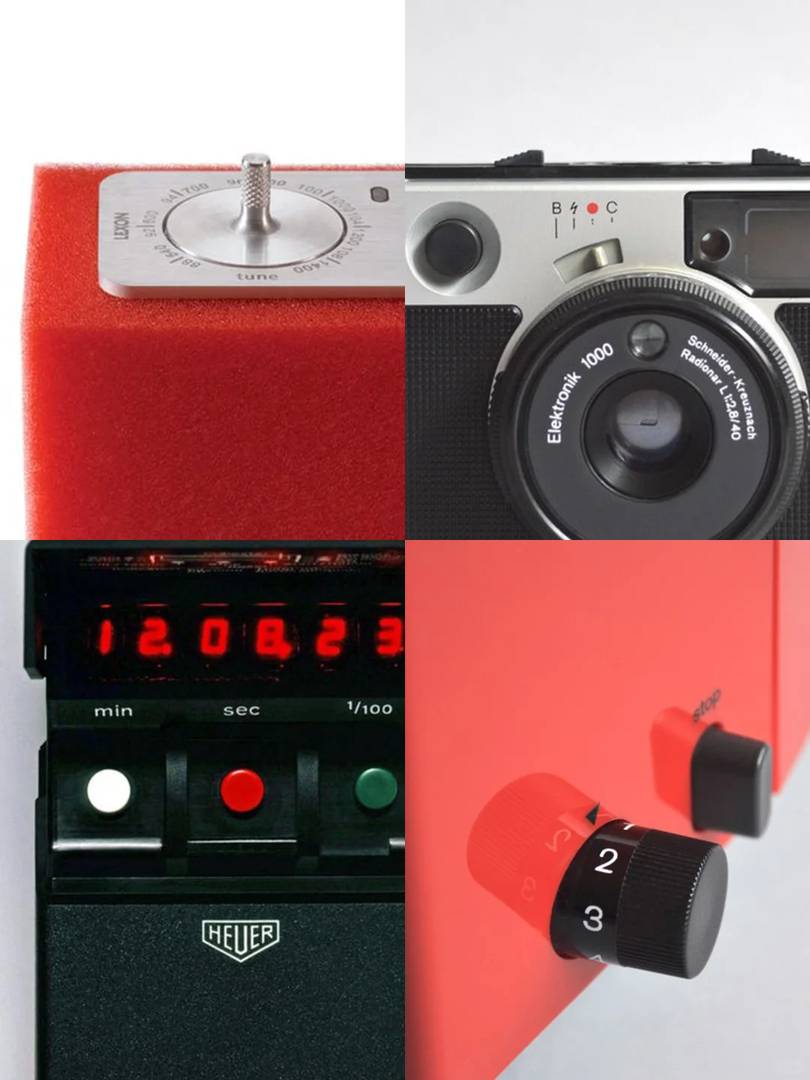
5️⃣ Familiar Comfort
We honor muscle memory. For generations raised on physical controls, our buttons deliver that comforting, reliable feel that touchscreens simply can’t replicate.
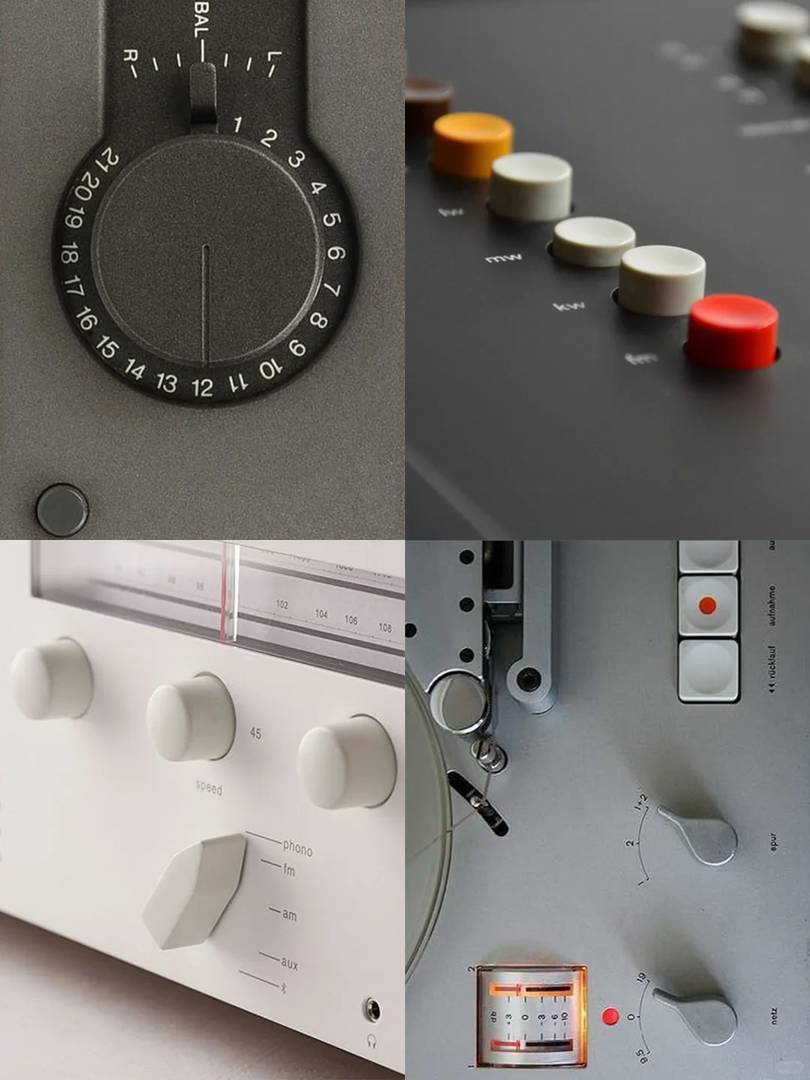
6️⃣ Universal Accessibility
Thoughtfully designed with raised profiles and pronounced tactile differentiation, our buttons open up seamless operation for visually impaired users, championing truly inclusive design.
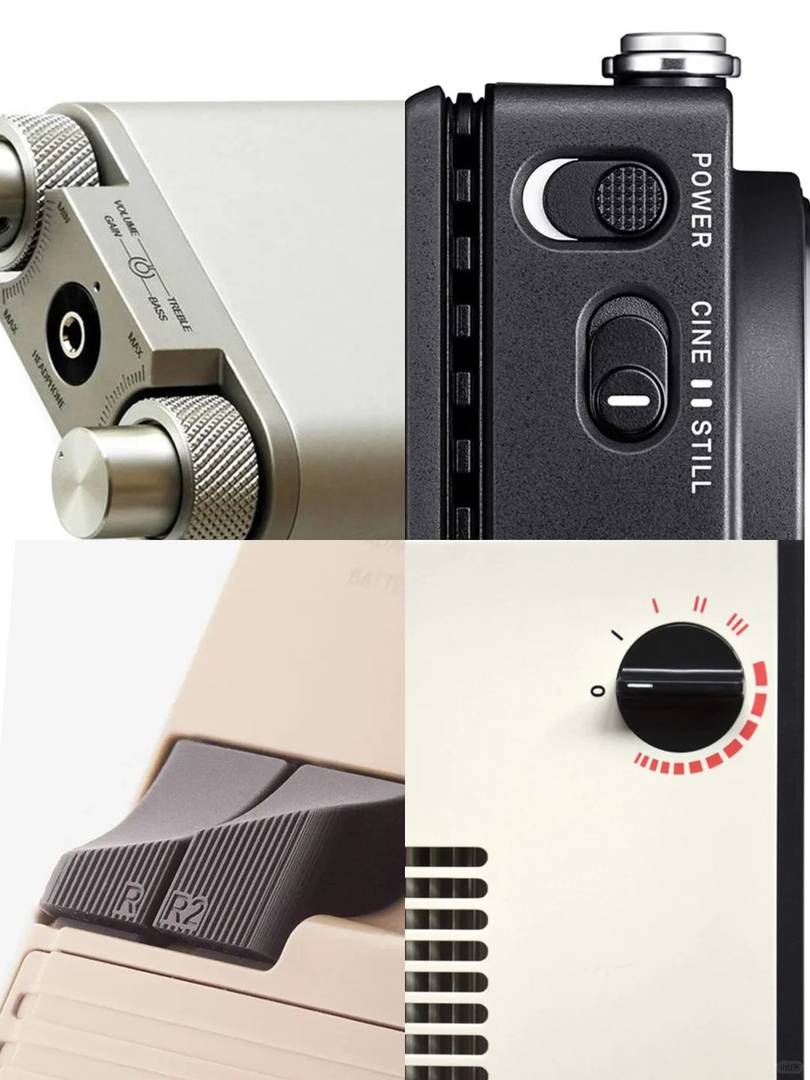
🔘 Physical buttons remain the gold standard – delivering unbeatable tactile confirmation, operational precision, device reliability, user safety, ergonomic perfection, and cherished familiarity.
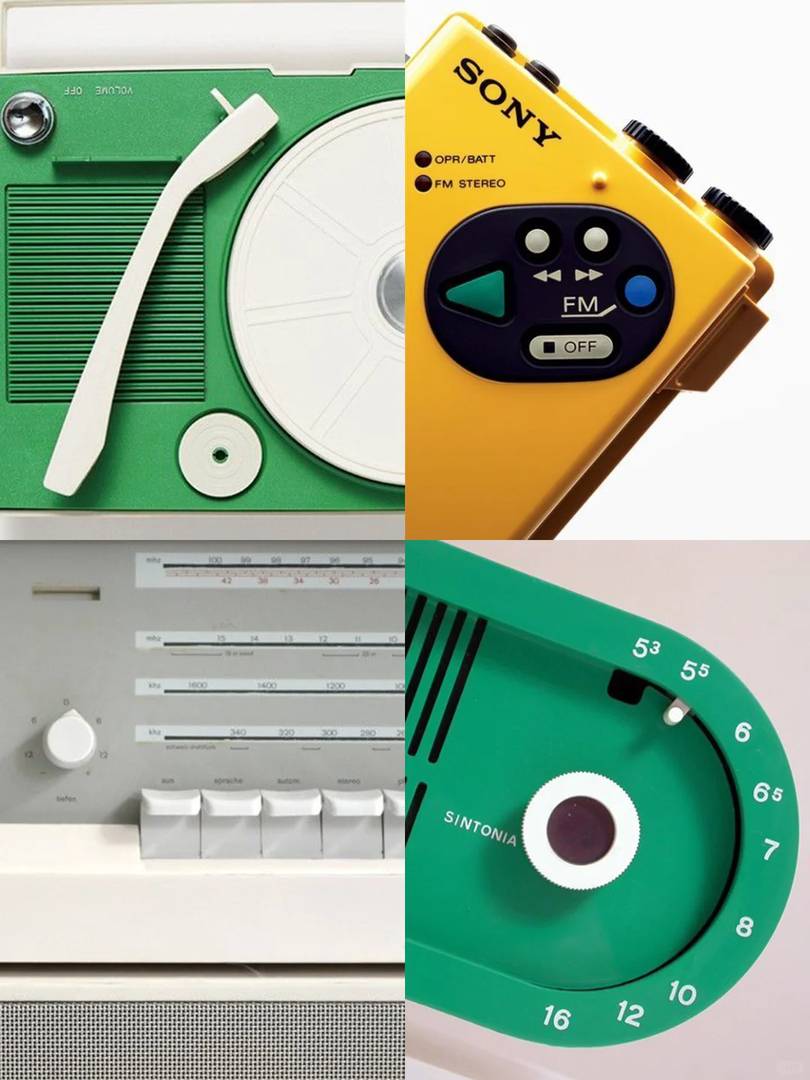
💬 We’d love to hear your button stories! Which device’s physical controls do you swear by? Drop your favorites in the comments below!
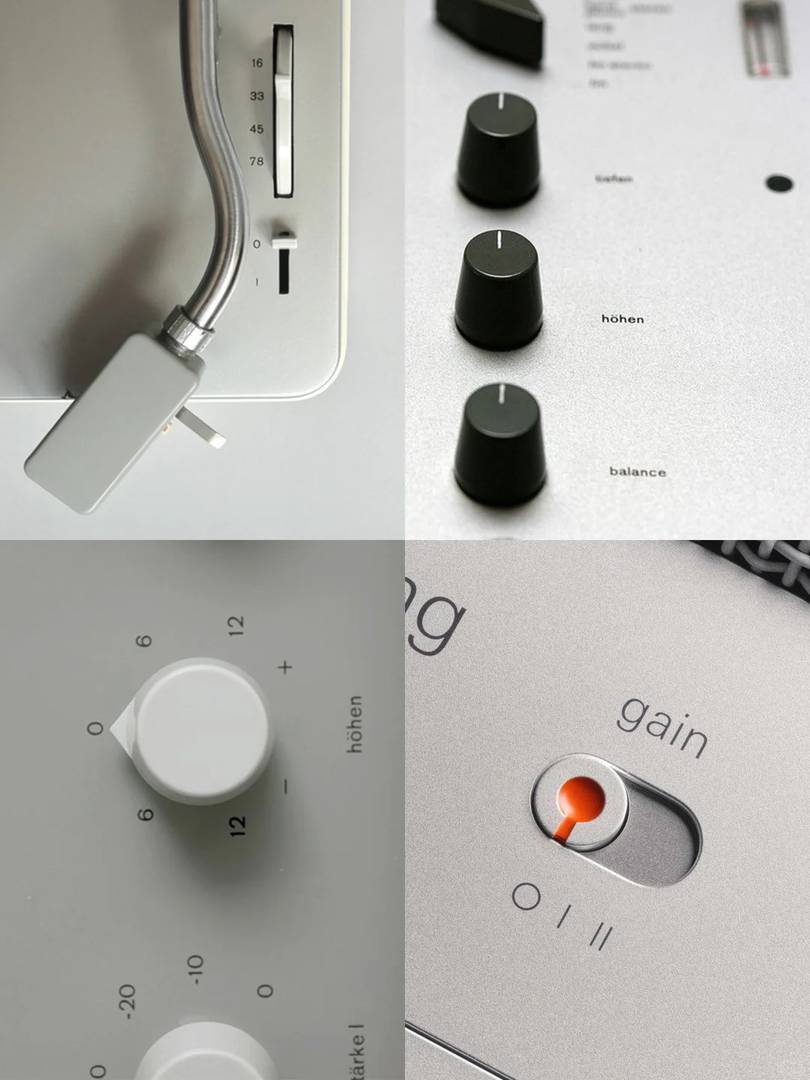
I never realized how much touch impacts our daily performance until reading this. It’s fascinating how tactile feedback can make such a big difference in both safety and efficiency. I wonder if there are more ways we could incorporate this into everyday tech beyond just buttons. Definitely gives me a new appreciation for the little things we interact with all the time!
Thank you for sharing your thoughts! You’re absolutely right—there’s so much untapped potential for incorporating tactile feedback into technology. For example, haptic feedback is already being used in gaming controllers and wearables, but it could expand further into areas like smart textiles or virtual reality interfaces. I agree, it’s amazing how these small interactions shape our experiences!
I totally get why touch is so important—there’s something irreplaceable about that immediate feedback. These buttons sound amazing for both practicality and safety, especially in high-pressure situations. It’s fascinating how much we rely on tactile cues without even realizing it. I wonder if this need for touch will change as technology evolves further.